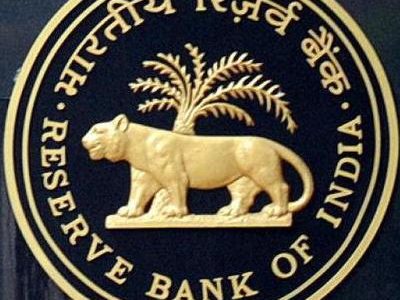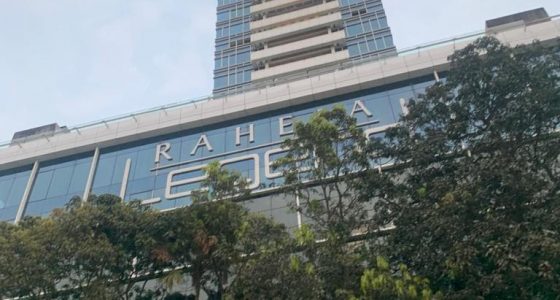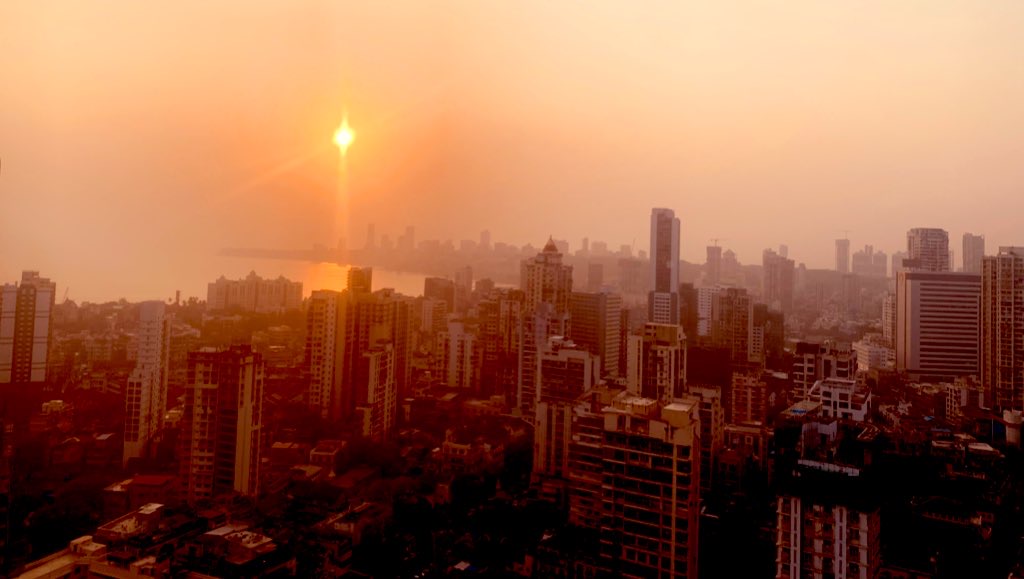In a recent meeting with Prime Minister Narendra Modi, members of the Bohra Muslim community raised concerns about the challenges posed by the Waqf Act to private redevelopment initiatives—particularly citing the delays faced by Mumbai’s ambitious Bhendi Bazaar Redevelopment Project.
During the discussion, a representative from the community narrated how the project, which aimed to transform one of Mumbai’s oldest and most congested areas, was brought to a halt due to a sudden third-party claim under the Waqf Act.
A Visionary Project Meets Legal Hurdles
The Bhendi Bazaar Redevelopment Project, undertaken by the Saifee Burhani Upliftment Trust (SBUT), is one of the largest cluster redevelopment projects in India. Envisioned as a model for sustainable urban renewal, it aims to rehabilitate thousands of residents living in dilapidated buildings while preserving the area’s cultural identity.
- Total Project Area: 16.5 acres
- Buildings Impacted: Over 250 old structures
- Residents to be rehoused: Approx. 3,200
- Commercial units: Around 1,250 shops and businesses
SBUT began acquiring properties in phases, and by 2015, had secured several clusters comprising both residential and commercial units.
However, in 2019, the project hit an unexpected roadblock.
Waqf Claim by Third Parties Derails Progress
According to the community member, “In 2015, we purchased a cluster of buildings with tenants and shops for the purpose of redevelopment. Everything was legally registered. But four years later, in 2019, two individuals—one from Nashik and another from Ahmedabad—appeared, claiming that the property was Waqf land.”
These individuals had no direct ownership or stake in the land. Despite this, using provisions in the Waqf Act, they approached authorities and stalled the project by asserting that the land was religious trust property.
Such claims, even when unsubstantiated, often lead to long legal battles or intervention by Waqf Boards, which can delay or completely derail projects—even if no such property is listed as Waqf in official records.
Modi Government’s Amendment Brings Clarity
Prime Minister Modi responded to the concerns by pointing to recent amendments brought into the Waqf Act, 1995. The central government has sought to introduce greater transparency and legal safeguards to prevent the misuse of Waqf claims, especially when it comes to privately owned or redeveloped properties.
Key features of the amendment include:
- Protection from frivolous claims: Only registered Waqf properties with documented evidence can be brought under Waqf control.
- Third-party restrictions: Individuals with no legal ownership or stake cannot raise Waqf claims arbitrarily.
- Clear dispute resolution mechanism: Disputes must now be resolved through courts, not unilaterally by Waqf Boards.
- Digitization of records: Waqf property records will be digitized and made publicly accessible for transparency.
Community Response and Significance
The Bohra community welcomed the reform and expressed relief that future redevelopment work would not be halted by such arbitrary interventions.
“Thousands of people—families, shopkeepers, workers—were affected because of an unverified claim. This amendment will now help communities like ours to contribute positively to urban transformation without fear of sudden legal blocks,” the community representative said.
The Bhendi Bazaar case serves as a prime example of the kind of legal uncertainties that plague urban development in India. With the new amendments to the Waqf Act, developers and community trusts can expect a more stable legal environment—especially when the aim is public good.









